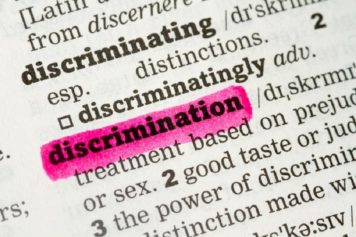Though the Great Recession may be over, the effects of the crisis which occurred in the U.S. from December 2007 to June 2009 are still lingering, according to sociologist Phillip Cohen.
After rising from 2002 until 2007, birth rates in the United States took a turn and dropped significantly when the recession hit and haven’t recovered since.
America’s high birth rate is usually fueled by teenage pregnancies. In 2013 the number of teenage births was 274,641, which is the lowest number ever reported for the United States.
A study by the Proceedings of the National Academy of Sciences in the United States determined that women who were in their early 20s during the Great Recession will have around 400,000 fewer lifetime births as a whole and an additional 1.5 percent of them will never have a birth.
Domestic violence in homes also increased during and towards the end of the recession. According to a study called “The Great Recession and the Risk of Child Maltreatment,” mothers were more likely to report spanking their children in the months when consumer confidence fell. In a separate study by Cohen comparing the rates of intimate partner violence and changes in the male unemployment rate, the data showed that changes in unemployment were consistent with higher rates of domestic violence.
A third study, “Abusive Head Trauma During a Time of Increased Unemployment: A Multicenter Analysis,” discovered that the rates of abusive head traumas in children under five spiked during the recession.
These studies linked to unemployment rates are especially frightening for Black families because Black unemployment rates traditionally stand above any other group. For the past 40 years, the Black unemployment rate has consistently been double, or close to double, the white rate. Currently the unemployment rate of Black people is 11.1 percent compared to 4.9 percent of their white counterparts, according to recent reports from the Bureau of Labor Statistics.
This data only further proves that though the economy is slowly climbing out of the hole of the recession, we may be seeing the social ramifications lasting for generations.


